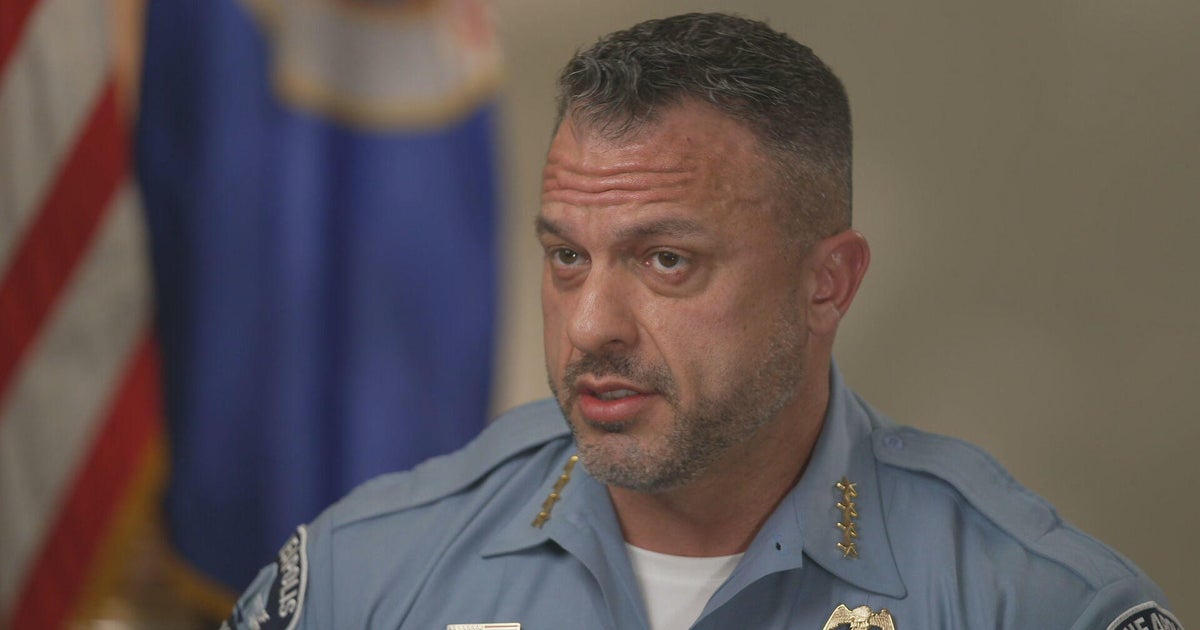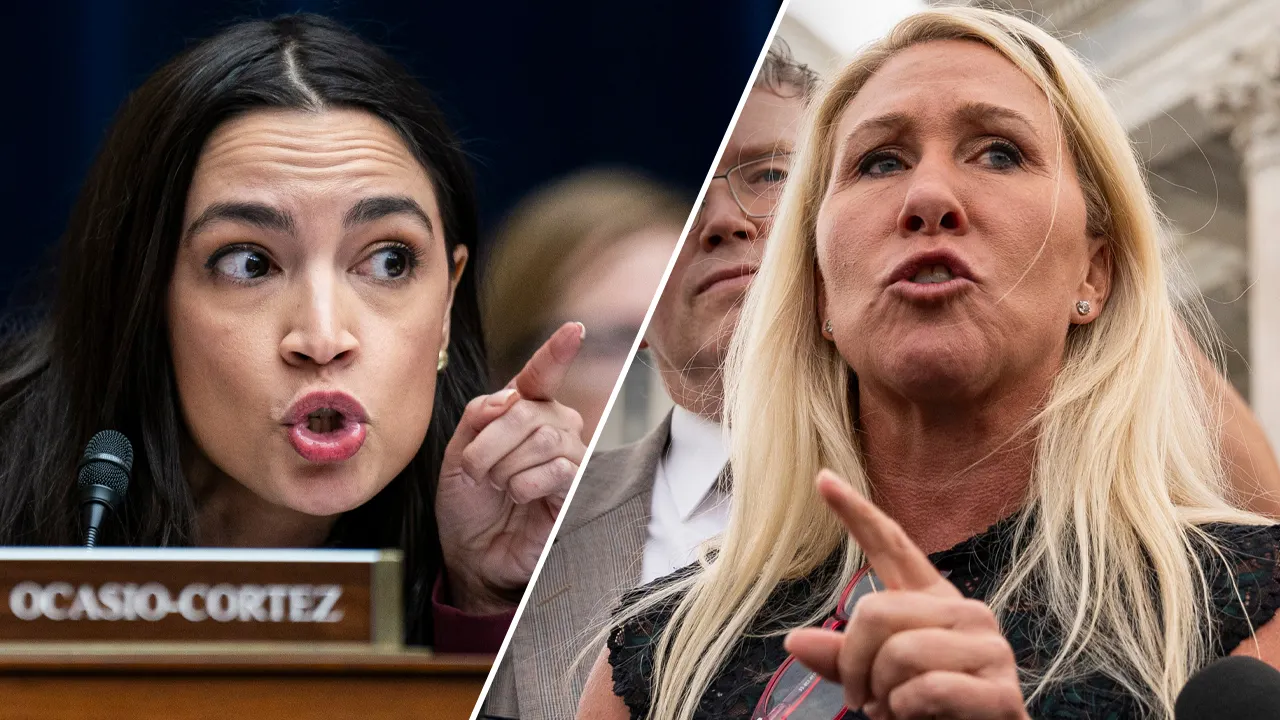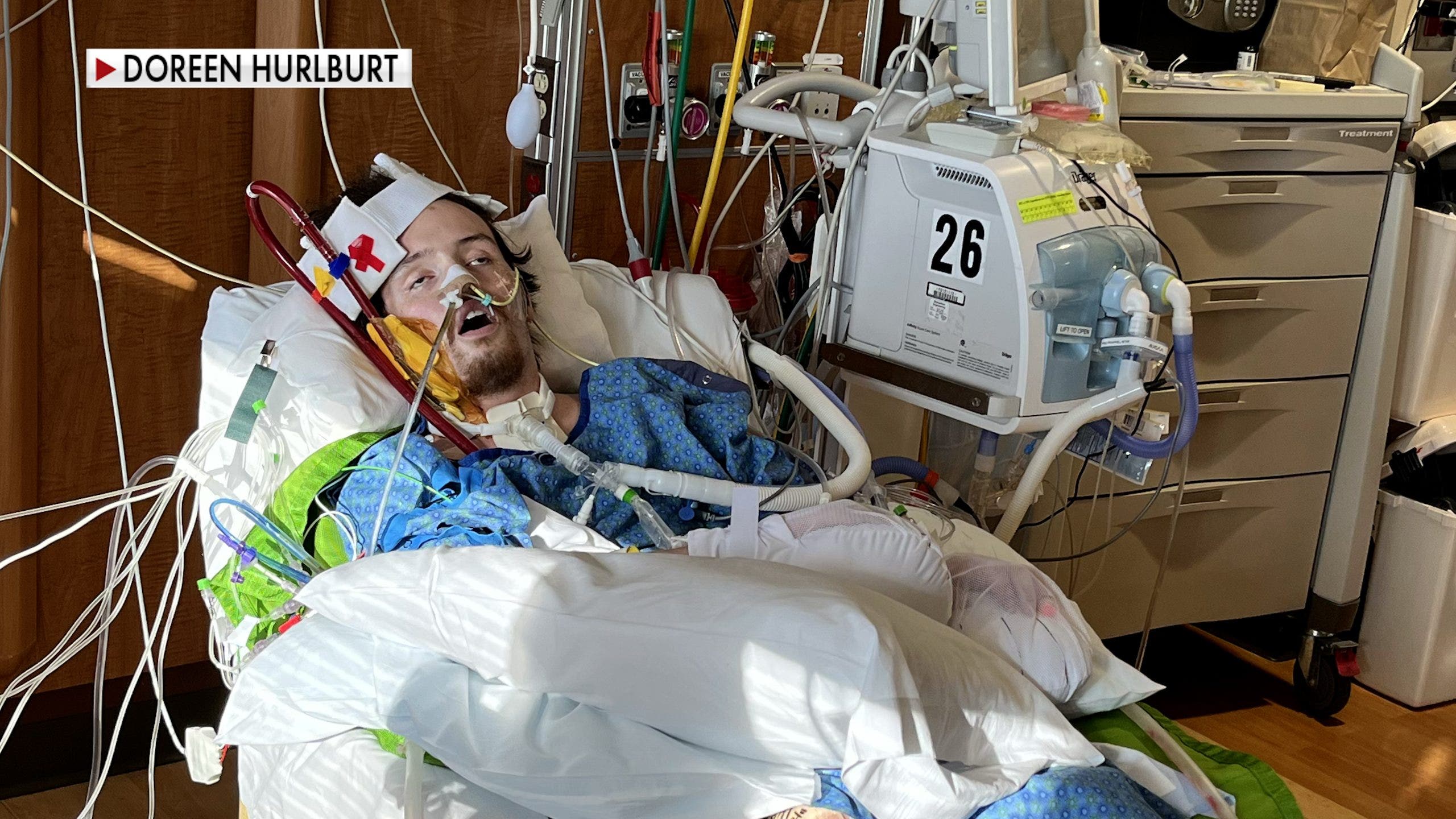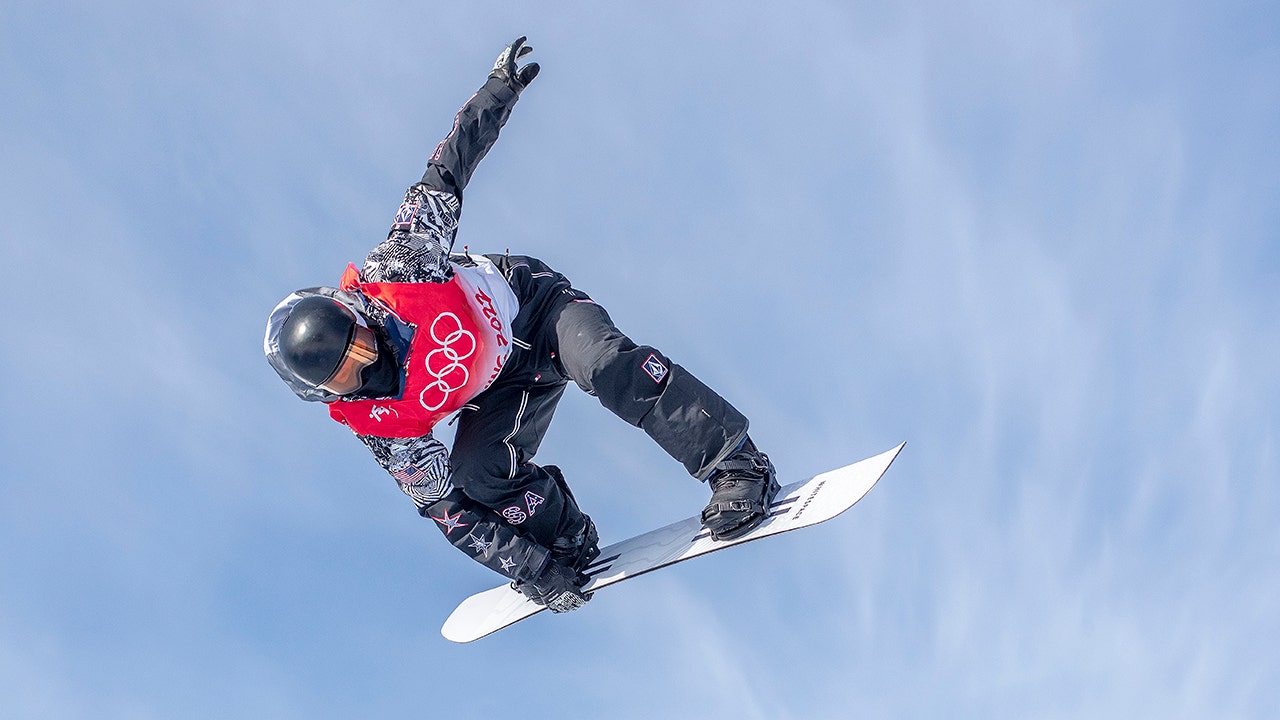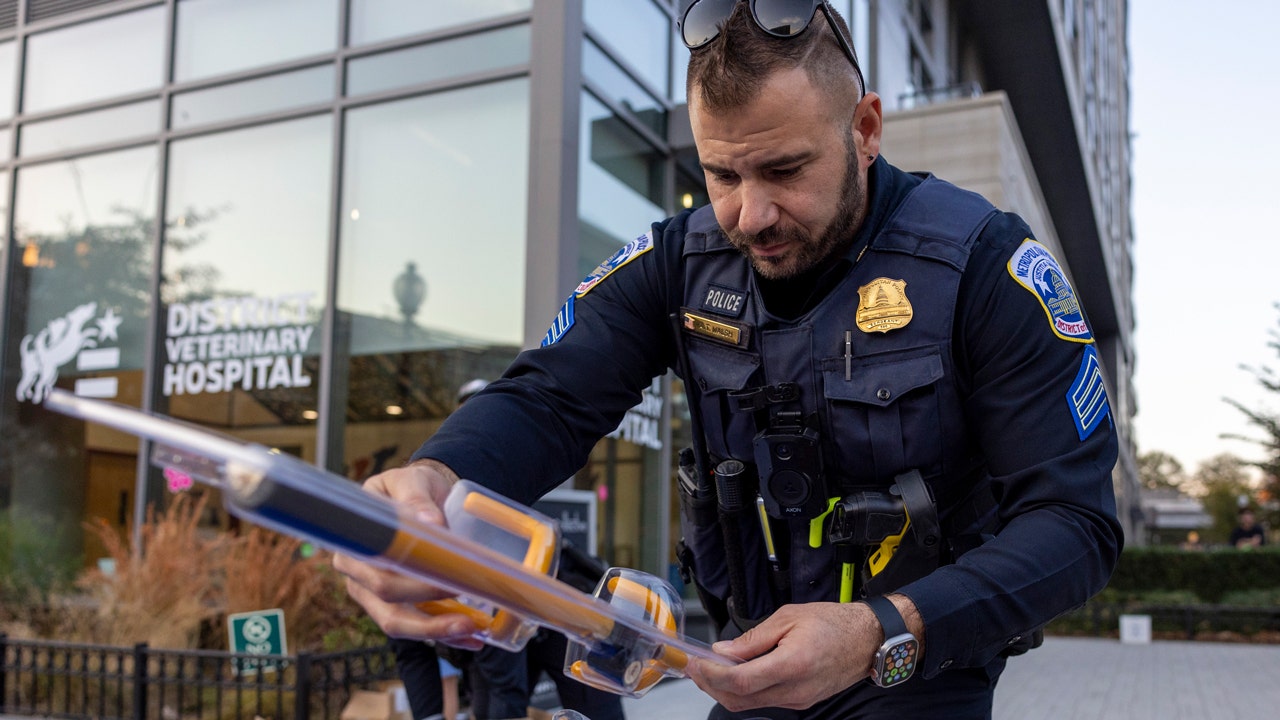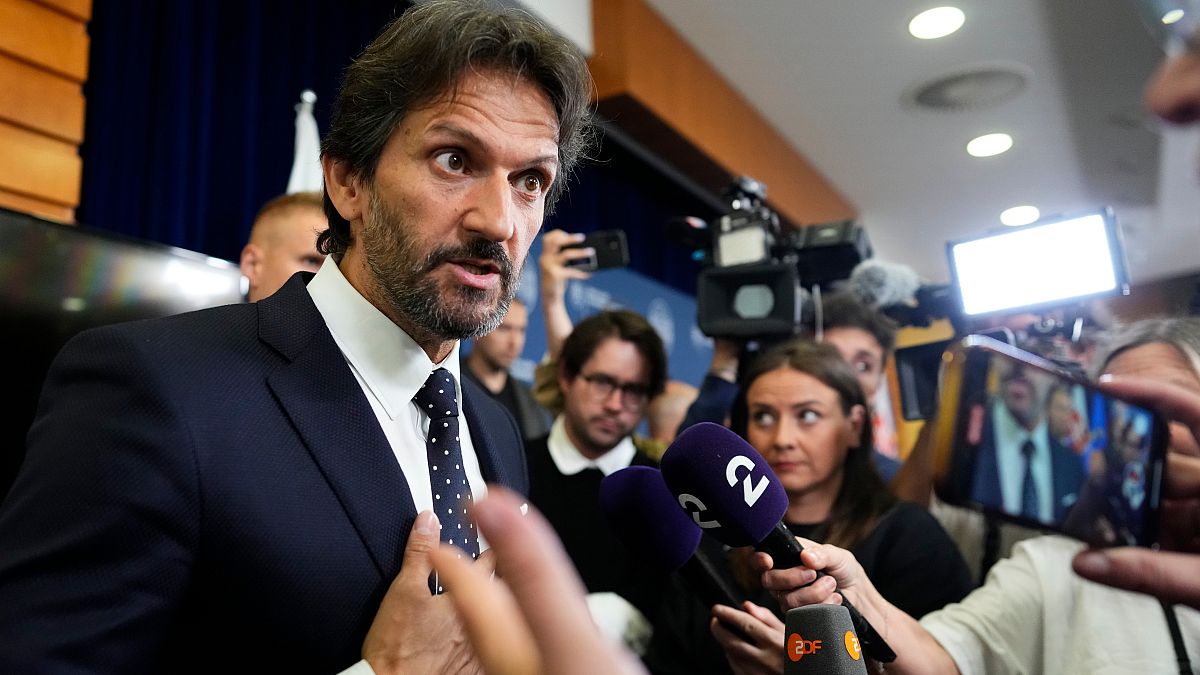Minneapolis, MN
Minneapolis is about to kill ride-sharing
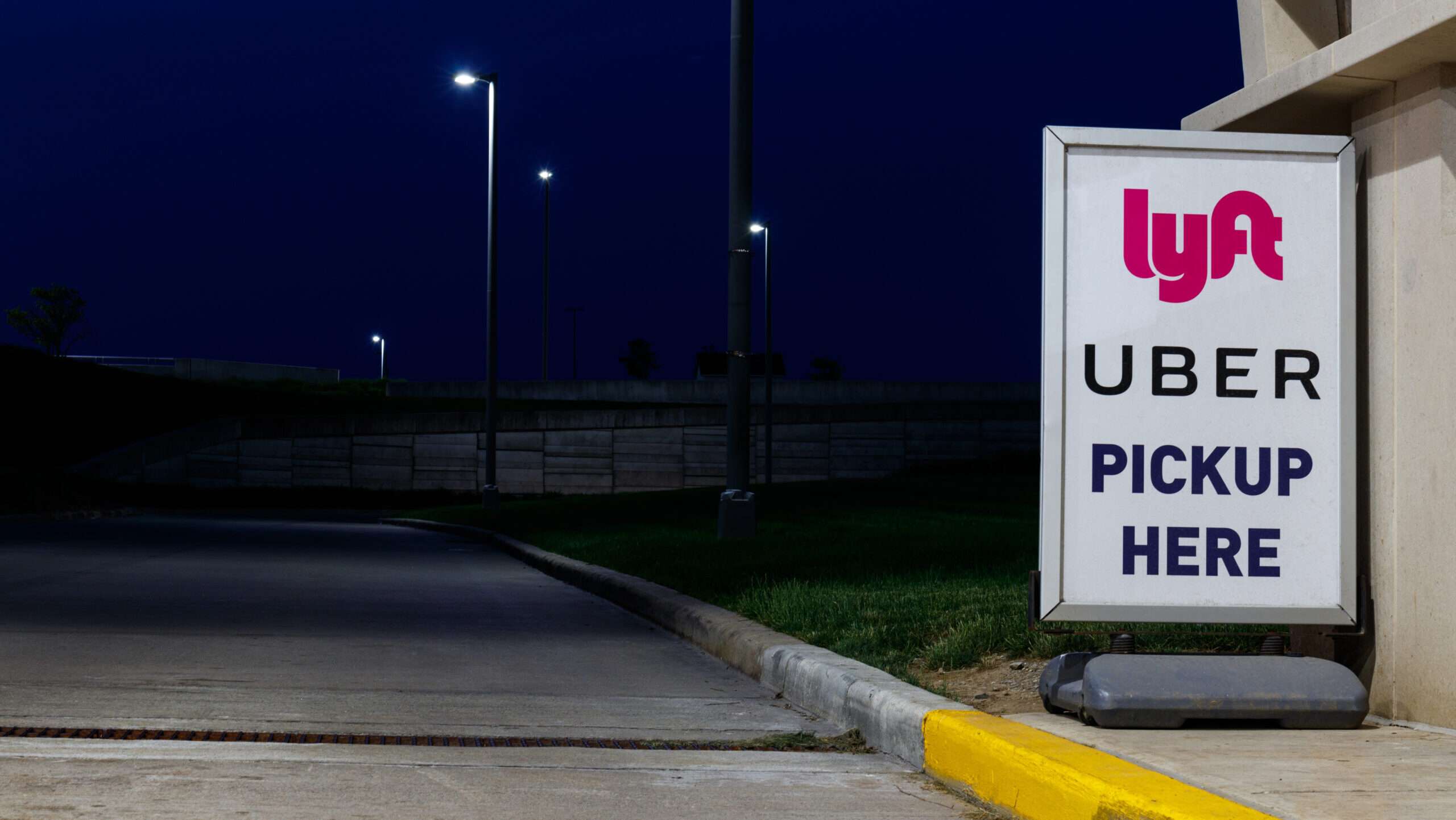
Just last month, Seattle’s disastrous attempt to enact a minimum wage for app-based food delivery drivers was in the news. The result was $26 coffees, city residents deleting their delivery apps, and drivers themselves seeing their earnings drop by half. Now, the Minneapolis City Council has decided to join the fray in the multifront progressive war against the gig economy—and this time, the outcome could be even worse.
In March, the Minneapolis City Council enacted an ordinance that creates a minimum wage rate for ride-share drivers in the city. It does so via a per-minute and per-mile calculation, which is currently set at $1.40 per mile and $0.51 per minute. It also sets a floor of $5 if the trip is short and otherwise would cost below that level.
The council claims it enacted the ordinance to ensure that ride-share drivers in the city were paid at an amount analogous to the city’s $15.57 per hour minimum wage. Even putting aside the traditional economic arguments against the minimum wage—see California’s recent fast-food minimum wage law as Exhibit A—the council’s logic fails on its own terms. The day after the city council initially passed the ordinance, the state Department of Labor and Industry released a report showing that a lower $0.89 per mile and $0.49 per minute rate would be sufficient to make driver pay equivalent to the $15.57 minimum wage.
As a result, the ordinance was immediately vetoed by Minneapolis’ liberal mayor—the second time in two years the mayor has vetoed such a measure from the council—only for the council to then override the veto a week later. While the council did not have access to the state’s report for the first vote, it had over a week to review it before the veto-override vote. Incredibly, one city council member even suggested that the state’s report somehow convinced her to change her vote from “no” to “yes” on the minimum wage between the initial vote and the override vote.
In response to the council’s override, ride-sharing companies like Uber and Lyft have announced they are planning to pull out of the Minneapolis market entirely unless the council reverses course. The ride-share companies originally were set to leave the city on May 1 when the ordinance went into effect, but after a last-minute agreement by the council to delay the ordinance’s effective date to July 1, the ride-share companies are in wait-and-see mode.
If the council refuses to back down by July, it will cause even deeper ramifications for city residents than the higher food prices that Seattleites saw in the wake of their aforementioned minimum wage hike for delivery drivers. The ride-share companies have indicated that while they would support the minimum compensation levels proposed in the state’s study, the city’s higher rates are cost-prohibitive.
Panic has set in among many lawmakers at the state capital, with some calling for the Legislature to preempt the Minneapolis ordinance. Democratic Gov. Tim Walz, who previously vetoed a statewide version of a minimum wage bill for ride-share drivers, has stated that he is “deeply concerned” about the prospect of losing ride-sharing services in the Twin Cities.
The concern is well-founded since a ride-share pullout would disproportionately impact the city’s senior citizens and disabled residents who often rely on these services to survive. Accordingly, advocates from the Minnesota chapter of the National Federation of the Blind, the Minneapolis Advisory Committee on Aging, and the Minneapolis Advisory Committee on People with Disabilities have all expressed opposition to the ordinance.
The possibility of losing ride-sharing has also created concern about the potential impact on the city’s drunk driving rates. Evidence has linked the availability of ride-sharing to lower incidents of alcohol-impaired driving and alcohol-related car accidents, underscoring just how high the stakes may be.
Moreover, if the city council’s move goes unchecked, deleterious minimum wage hikes will inevitably spread to other parts of the Twin Cities’ gig economy. The Minneapolis ordinance is limited to ride-share drivers for now, but if the past is prologue, food delivery drivers are next.
Seattle first passed a minimum wage rule for ride-share drivers in 2020, only to follow that up with this year’s food delivery minimum rate. New York City likewise followed a similar two-step trajectory of locking in minimum rates for ride-share drivers before moving on to food delivery drivers years later. Given that many ride-share drivers double as food delivery drivers—often on the same app—the progressive pressure to expand the minimum wage to delivery may be substantial.
Also of note, the Minnesota Legislature is considering a bill that would make it more difficult to be classified as an independent contractor in the state, creating yet more foreboding storm clouds on the horizon for gig work.
Despite the fresh lessons from the Seattle food delivery debacle, Minneapolis council members appear oblivious to the on-the-ground reality. Ironically, it was none other than Karl Marx who famously declared that history repeats itself “first as tragedy, second as farce.” The city council—which contains several openly socialist members—should pay more heed to its intellectual forefather.

Minneapolis, MN
Residents blame encampment for fatal shooting in Minneapolis neighborhood

MINNEAPOLIS — Residents of the Park Square Condominiums tell WCCO they are convinced that Thursday’s deadly shooting in broad daylight near Lake Street and Blaisdell in Minneapolis’ Whittier neighborhood, is tied to a recent encampment that now touches the walls of their homes.
“Yes it is related to the encampment, it’s definitely related to the encampment,” said Lisa, who lives in the condominiums.
“This is one of those regrettable situations that should have never happened,” said Raymond Hoffman, Park Square Condominiums President.
The encampment, which residents said has butted against their homes along Blaisdell Avenue for a month now, was previously located across the street, at the old K-Mart site.
“People are scared. Here I’ve got 128 different families in this building,” said Hoffman.
One woman, who has tents right up to her first floor windows, said someone has to be home 24/7 to make sure no one breaks in.
Residents said they have witnessed drug sales, fires, even sexual assault.
“We are the victims, we live here and we’re watching our building get destroyed,” said Lisa.
Lisa and the more than hundred who live here said they want the city’s help with the encampment. It’s a problem acknowledged by Chief O’Hara.
“It’s a very serious problem that people who live in this area have been dealing with, both when the Kmart was here and still now,” said O’Hara.
Hoffman acknowledges the people in the encampments need help, but said they have no right to be in residents’ literal backyards.
“Hospitality for these people is essential, but not when they’re being criminals,” Hoffman.
Minneapolis, MN
Man sentenced to 12 years in prison for attempted murder in shooting of Minneapolis police officer

Olivia Spies, 12, crossed the courtroom gripping a lined piece of notebook paper and gathered her strength. Her dad stood beside her, gently placing a hand on her back as she conveyed the pain their family endured when a stranger shot and wounded him in the line of duty last summer.
“What he did was horrific and devastating to me — and I will never forgive him,” she told the judge Thursday, recounting the shooting of Minneapolis police officer Jacob Spies. “My dad is a hero and does many courageous things for people he doesn’t even know.”
Fredrick Davis Jr., 19, of Minneapolis, received a 12-year prison sentence and was convicted of attempted second-degree intentional murder during an emotional hearing Thursday, packed with uniformed police officers and command staff. Davis pleaded guilty last month, admitting to firing a dozen rounds at Spies, who was driving an unmarked car with tinted windows, on Aug. 11 during a joint enforcement detail on the North Side.
But Davis denied intentionally targeting a police officer, saying he pulled the trigger out of fear.
In his victim impact statement, Spies recounted how he’d been patrolling alone when he spotted a white SUV suspected of fleeing police following a robbery an hour earlier. He pursued the vehicle for about a mile and, just as he crested a hill, noticed the Chevy parked with its lights off.
Suddenly, Spies was overtaken by a volley of automatic gunfire — a sensation similar to having fireworks thrown at his car — and felt his right arm go numb.
He frantically radioed for help and sped away from the scene, expecting to drive himself to the hospital. But responding officers intercepted their wounded colleague and police initiated a high-speed chase that continued for 26 blocks until the Chevy crashed into a parked car.
The bullet remains embedded in the back of Spies’ shoulder, “a permanent souvenir” from that chaotic night.
“This was a calculated and planned ambush,” said Spies, a seven-year MPD veteran who was awarded a Medal of Honor and the department’s first Purple Heart. He lamented that Davis influenced a younger boy into participating and continued down a path of “felonious criminal activity” several years after Spies arrested him fleeing police in a stolen vehicle.
In December, a 17-year-old who shot at Spies but didn’t strike him also pleaded guilty to attempted second-degree murder. As part of his plea deal, William Ward Jr. is receiving treatment at the Red Wing juvenile facility and will remain on extended probation until he’s 21.
Senior Assistant County Attorney Patrick Lofton noted that Davis was riding around with multiple guns — one fully automatic and the other an unregistered ghost gun — with a juvenile in the car. It was mere luck that Spies survived the ordeal, he said, arguing that Davis’ actions demonstrated an extreme risk to public safety.
“His behavior exhibits a worldview in which you shoot first and ask questions later,” Lofton said, imploring Hennepin County Judge Hilary Caligiuri to impose a nearly 13-year prison term, the top of the sentencing guidelines box.
In response, Davis’ public defender Elizabeth Karp urged the court to consider the context. Davis survived a gunshot wound to the chest a year prior at the State Fair, resulting in lasting trauma. It made him afraid to leave the house, she said, and he obtained a firearm from a relative for protection.
Karp pushed back on the prosecutions’ depiction of Aug. 8, explaining that Davis saw an unknown vehicle following him that night and immediately “kicked into a fight or flight mode.”
“Mr. Davis made a bad choice in a panicked state of mind,” Karp said, acknowledging that it was not an excuse for what happened. “I don’t think the evidence shows that he knew who was in that car.”
She asked that the judge sentence Davis to 11 years, the lowest end of the box.
When given a chance to speak, Davis turned to his family in the front row and broke down explaining that he “didn’t know it was a police officer.” Davis said he took responsibility for crime, but denied forcing anyone else to participate or ever fleeing police that day.
“I’m not a bad person at all…I got family too,” he said, sniffling as he pleaded with the judge for a lighter sentence. “Everybody should get a second chance at life. Everybody makes mistakes.”
Caligiuri opted for a sentence near the top of the range, taking six months off for his willingness to accept a plea deal. Davis will spend less than 8 years in prison after accounting for time already served. In Minnesota, those sentenced to prison spend two-thirds of the sentence in custody and one-third under supervision.
His family left the courtroom wiping their eyes, then walked through a flank of two dozen uniformed officers taking turns embracing Spies in the hallway.
Outside, Davis’ mother who declined to be identified defended the character of her son, a high school graduate and “a good person… who has been through more than what people actually know.”
“To know Fred is to love Fred,” she said.
In the lobby, surrounded by fellow officers and Chief Brian O’Hara, Spies hailed the conclusion of a long criminal justice process that has weighed on his family.
“I’m glad it’s over,” he said, thanking the broader law enforcement community for their outpouring of support. “It means a lot to me.”
Minneapolis, MN
Man to be sentenced Thursday for shooting undercover Minneapolis officer
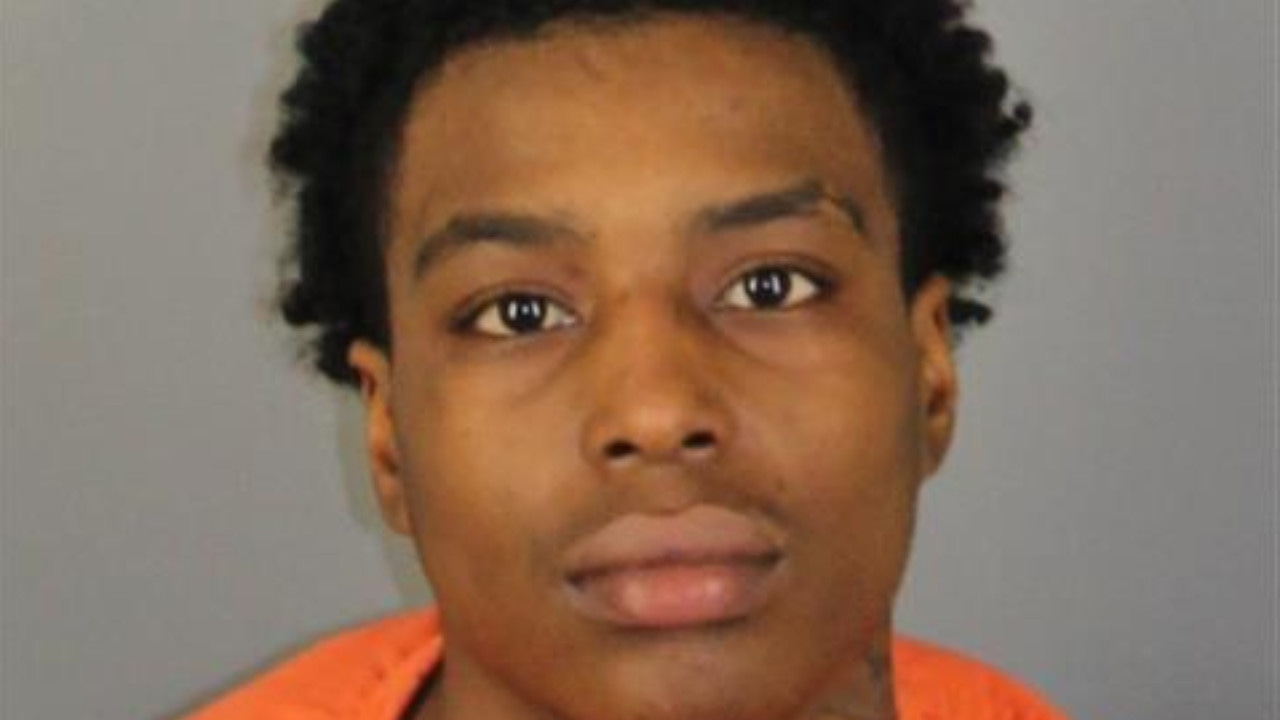
On Thursday, a man who pleaded guilty to shooting at – and injuring – a Minneapolis police officer will be sentenced.
As previously reported, Officer Jacob Spies – who was undercover at the time – was shot in the shoulder while in an unmarked vehicle by 19-year-old Frederick Leon Davis Jr.
Prosecutors say Davis fired at least 15 shots at Spies, and court documents say a bullet narrowly missed a main artery in Spies’ right arm.
Federal affidavit shows Minneapolis officer narrowly escaped death
While Spies was released from the hospital later that night, he has since received the first-ever Purple Heart from the city, as well as a medal of honor.
2 MPD officers receive Purple Hearts for injuries sustained in the field
Last month, Davis entered a guilty plea to an attempted murder charge last month and is expected to receive a sentence that lasts at least 11 years.
Court documents state Spies was following a vehicle that was reported to be involved in a spree of robberies and carjackings in Brooklyn Park. It goes on to say one of two recovered guns was converted into an automatic weapon, which was linked to five different shootings in the Twin Cities area.
A teenager also pleaded guilty to his role in the case back in December. A woman accused of aiding Davis later had her case dismissed due to lack of probable cause.
2 charged in shooting that hurt Minneapolis police officer
Teen arrested, charged in August shooting that injured Minneapolis police officer
Case against woman accused of aiding suspect in officer shooting dismissed
The sentencing is scheduled to begin at 9:30 a.m. in Minneapolis. Check back for updates.
-

 Politics1 week ago
Politics1 week ago'You need to stop': Gov. Noem lashes out during heated interview over book anecdote about killing dog
-

 News1 week ago
News1 week agoMan, 75, confesses to killing wife in hospital because he couldn’t afford her care, court documents say
-

 Politics1 week ago
Politics1 week agoRFK Jr said a worm ate part of his brain and died in his head
-

 World1 week ago
World1 week agoPentagon chief confirms US pause on weapons shipment to Israel
-

 Politics1 week ago
Politics1 week agoHere's what GOP rebels want from Johnson amid threats to oust him from speakership
-

 World1 week ago
World1 week agoPro-Palestine protests: How some universities reached deals with students
-

 World1 week ago
World1 week agoConvicted MEP's expense claims must be published: EU court
-

 Politics1 week ago
Politics1 week agoCalifornia Gov Gavin Newsom roasted over video promoting state's ‘record’ tourism: ‘Smoke and mirrors’



